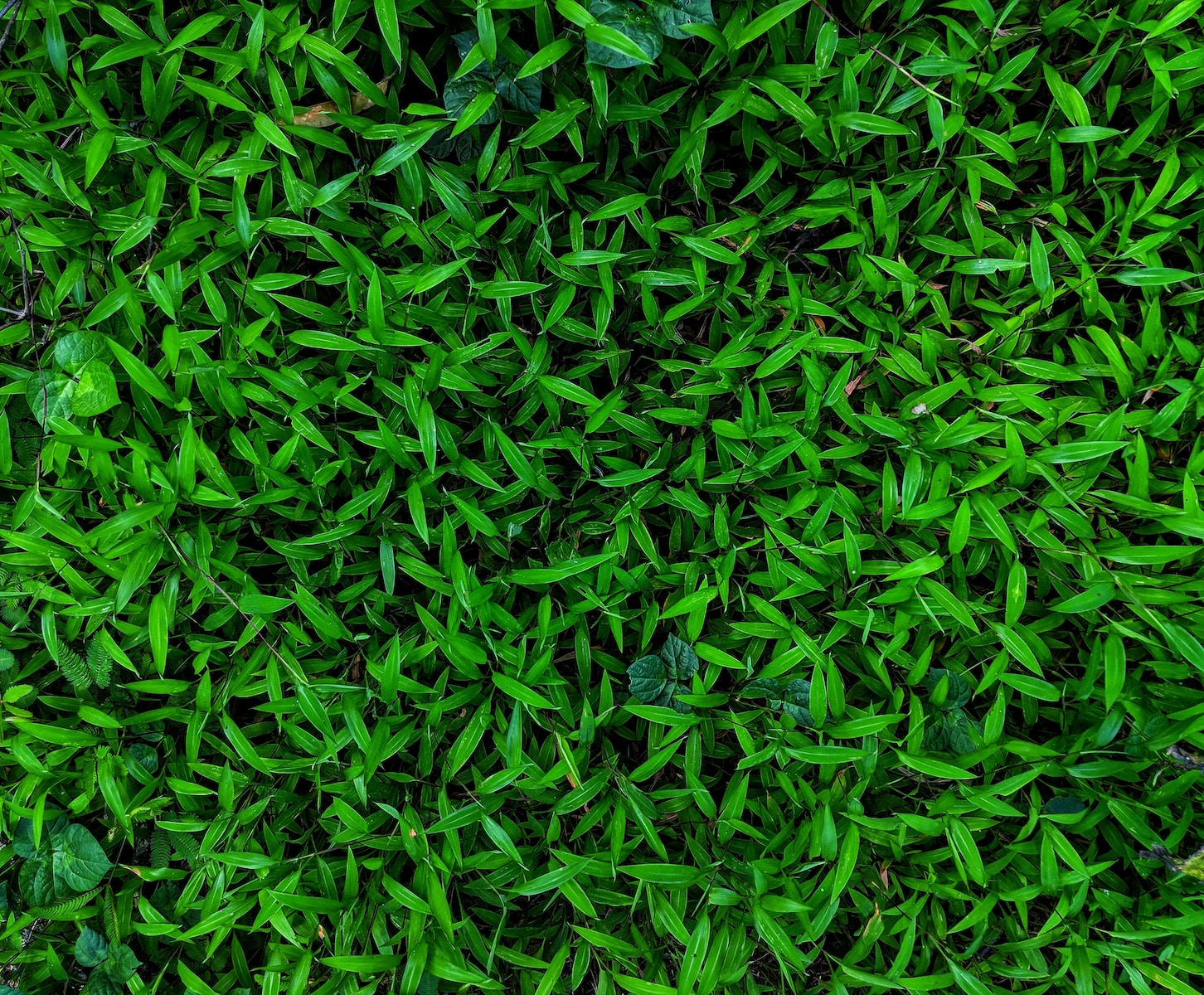If you’re an avid gardener or have a lush green lawn you’re proud of, the thought of potential damage to your grass can be a cause for concern. In this article, we’ll explore the impact of RV antifreeze on grass and whether or not it poses a threat to the well-being of your precious turf. So, let’s put your worries to rest and uncover the truth – will RV antifreeze kill grass?
Will RV Antifreeze Kill Grass?
RV antifreeze is a type of fluid that is used to protect the plumbing systems in recreational vehicles during the winter months. It is a common concern among RV owners whether using antifreeze in their plumbing systems will have negative effects on their grass. In this article, we will explore the nature of RV antifreeze, how it works, and whether it can harm grass. We will also discuss factors that can affect its impact on grass, proper disposal methods, and ways to minimize its impact. Additionally, we will explore alternative options and tips for preventing spills and leaks.
What is RV antifreeze?
RV antifreeze, also known as plumbing antifreeze, is a special type of fluid designed to protect the plumbing systems of recreational vehicles from freezing during the winter season. It is typically made from a non-toxic alcohol-based solution and contains additives that help prevent corrosion and rust in the plumbing system. RV antifreeze is specifically formulated to be safe for use in potable water systems and is pink in color for easy identification.
How does RV antifreeze work?
RV antifreeze works by lowering the freezing point of water, which prevents the plumbing system from freezing and potentially causing damage. When RV antifreeze is introduced into the plumbing system, it displaces the water and creates a protective barrier that is resistant to freezing temperatures. This ensures that the pipes, valves, and faucets in the RV remain intact and functional throughout the winter months.
Can RV antifreeze harm grass?
RV antifreeze, when used properly and in the recommended quantities, will not harm grass. This is because it is specifically formulated to be non-toxic and safe for use in potable water systems. The alcohol-based solution in RV antifreeze evaporates quickly, leaving no residue behind to harm the grass. However, it is important to note that misuse or excessive use of RV antifreeze can have negative effects on the environment, including the surrounding grass.
Factors affecting the impact on grass
While RV antifreeze itself is not harmful to grass when used correctly, there are factors that can affect its impact on the grass. One of the main factors is the concentration of antifreeze in the solution. If the antifreeze is too concentrated, it may take longer to evaporate or seep into the ground, potentially causing harm to the grass. It is crucial to follow the manufacturer’s instructions and use the recommended amount of RV antifreeze for your specific RV plumbing system.
Another factor to consider is the weather conditions. If there is heavy rainfall or excessive irrigation, it can dilute the antifreeze and reduce its potential impact on the grass. On the other hand, dry and hot conditions may increase the concentration of antifreeze in the soil, posing a greater risk to the grass.

Proper disposal of RV antifreeze
Proper disposal of RV antifreeze is essential to prevent harm to the environment, including the grass. It is important to check local regulations and guidelines regarding the disposal of antifreeze in your area. In most cases, RV antifreeze can be safely disposed of by taking it to a designated recycling facility or a local hazardous waste disposal center. Pouring antifreeze down drains, toilets, or onto the ground is illegal and can cause significant damage to the environment.
Minimizing the impact on grass
To minimize the impact of RV antifreeze on grass, it is important to use the recommended amount and dilute it properly if necessary. When flushing the RV plumbing system in the spring, use a hose to direct the antifreeze solution away from grassy areas and into a designated drainage area. This will minimize the exposure of the grass to the antifreeze and reduce the risk of any potential harm.
Alternatives to RV antifreeze
If you are concerned about the impact of RV antifreeze on your grass, there are alternative options available. One option is to use compressed air to blow out the water from the plumbing system instead of using antifreeze. This method requires a thorough understanding of the RV plumbing system and may be more suitable for experienced RV owners.
Another alternative is using an environmentally friendly RV antifreeze. These products are specifically designed to be biodegradable and safe for the environment. They are made from natural ingredients that do not pose harm to grass or other plant life. However, it is important to check the labels and ensure that the product is indeed eco-friendly before use.
Preventing spills and leaks
Preventing spills and leaks of RV antifreeze is crucial to protect not only the grass but also the surrounding environment. To minimize the risk of spills, always handle the antifreeze with care and use proper containers when storing or transporting it. Conduct regular inspections of the RV plumbing system to identify and repair any leaks or potential issues that could lead to antifreeze spills. Proper maintenance and care will go a long way in preventing accidents and minimizing the impact on the grass.

Conclusion
In conclusion, when used properly, RV antifreeze will not harm grass. It is specifically formulated to be non-toxic and safe for use in potable water systems. However, it is important to follow the manufacturer’s instructions and use the recommended amount of antifreeze to minimize any potential harm. Factors such as concentration and weather conditions can affect the impact of antifreeze on grass, so it is important to consider these factors when using antifreeze. Proper disposal methods and alternative options can further minimize the impact on the environment. By taking the necessary precautions, you can ensure that your grass remains lush and healthy while protecting your RV plumbing system during the winter months.


